This article explores the nuances of managing multiple hotel properties. It emphasizes the importance of creating a unified guest experience, utilizing advanced technology to enhance operational efficiency, and incorporating local cultures into service delivery. You find three topics that discuss increasing guest loyalty, optimizing revenue, and maintaining competitiveness in the hospitality industry.
Introduction to the Dynamics of Managing Multiple Properties
In the hospitality realm, managing multiple properties is more than just expanding venue numbers—it’s a commitment to elevating the overall guest experience. Central to this approach is the development of a comprehensive guest profile system. This system ensures that guests receive consistent, high-quality service across all locations within a hotel chain. Such cohesion is crucial for convenience, cultivating loyalty, and increasing guest satisfaction.
Optimizing Multi-Property Hospitality: Technology, Revenue, and Cultural Integration
Below, you will find three tips to optimize multi-property management.
1. Enhancing Operational Efficiency Through Advanced Technology
Operational efficiency stands as a fundamental pillar in effective multi-property management. Adopting advanced technological tools—encompassing automation, data analytics, and centralized reporting—is vital. These tools enable hoteliers to streamline operations, base decisions on solid data, and exceed guest expectations. By optimizing the allocation of resources and refining service delivery, these innovations ensure that hotels remain competitive in the bustling hospitality industry.
2. Advanced Revenue Management through Centralized Systems
Robust centralized revenue management systems (RMS) are at the heart of effective multi-property management. Revenue management systems like Atomize allow hotel chains to adopt flexible pricing models to optimize revenue while ensuring consistency and competitiveness across locations. The centralized model enhances profitability and allows for agility in a fluctuating market.
3. Integrating Local Cultures into Service Delivery
Achieving technological and operational excellence should not overshadow the importance of local cultural integration. Customizing services to align with each location’s specific cultural and preference profiles does more than improve guest satisfaction—it builds a connection with the community. It enhances the overall travel experience for visitors.
This approach to multi-property management streamlines operations and deepens the connection between the hospitality provider and its clientele, fostering a richer, more rewarding experience for all involved.
Free Guide: Revenue Management Software Guide
As the world of hospitality transforms, revenue management software empowers hotels to keep pace with emerging industry shifts. With the accelerated adoption of cutting-edge technology, hotels gravitate towards highly automated systems to boost decision-making and streamline operations.
Click here to download the “Revenue Management Software Guide”.
More Tips to Grow Your Business
Revfine.com is the leading knowledge platform for the hospitality and travel industry. Professionals use our insights, strategies, and actionable tips to get inspired, optimize revenue, innovate processes, and improve customer experience.Explore expert advice on management, marketing, revenue management, operations, software, and technology in our dedicated Hotel, Hospitality, and Travel & Tourism categories.

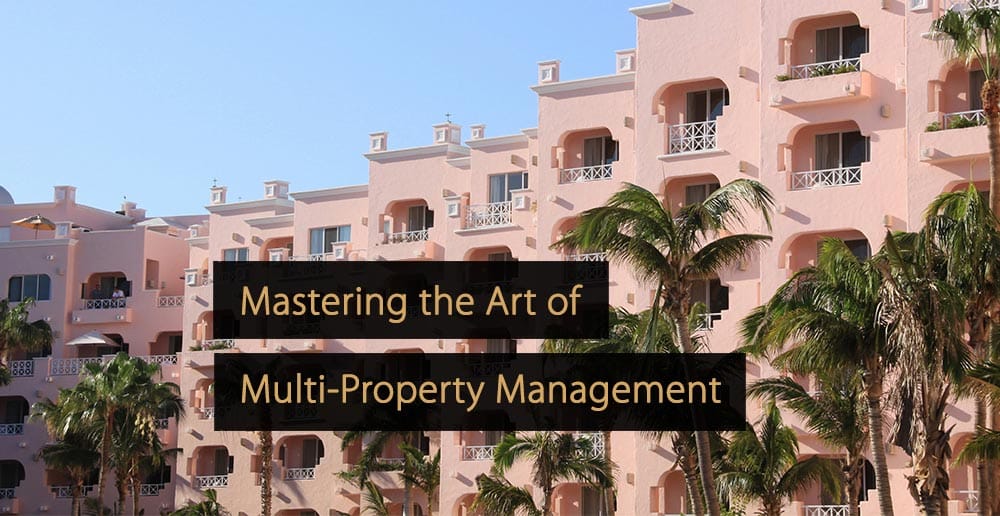
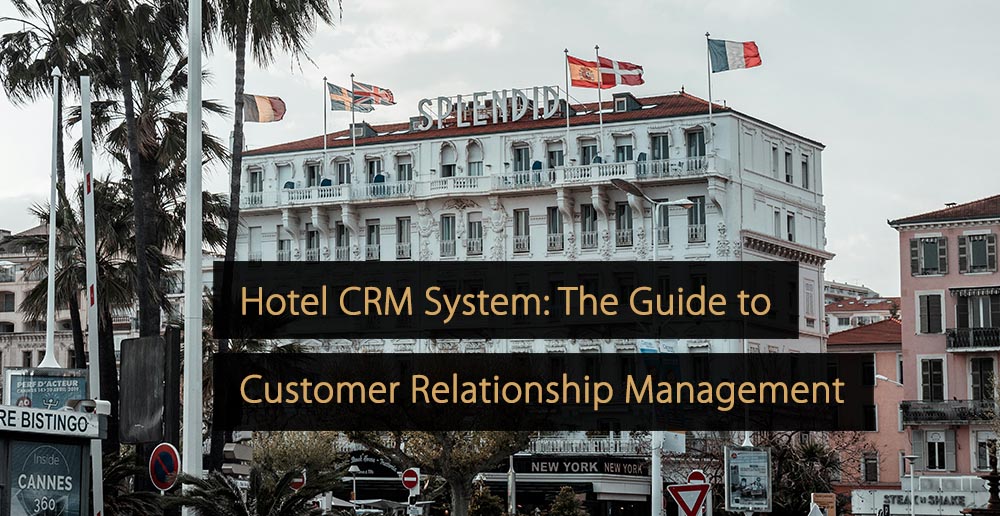
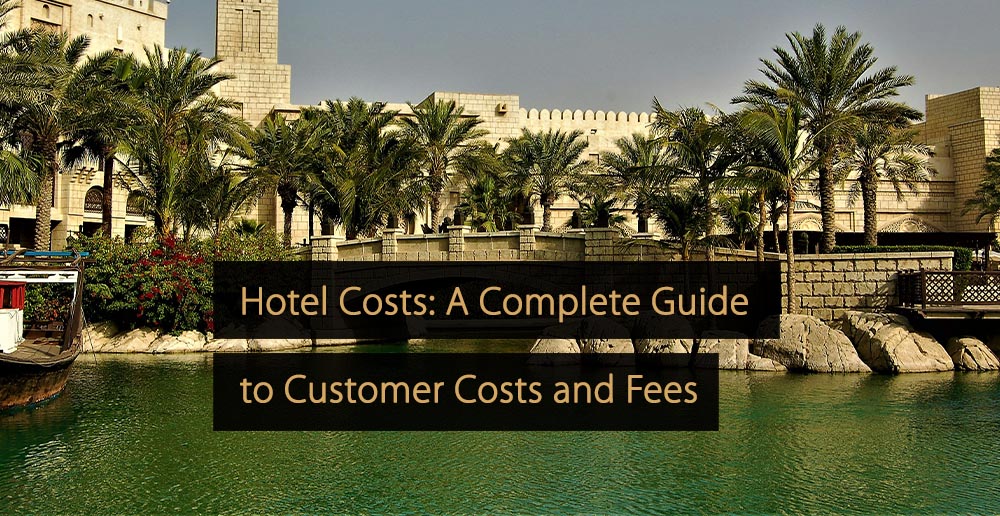
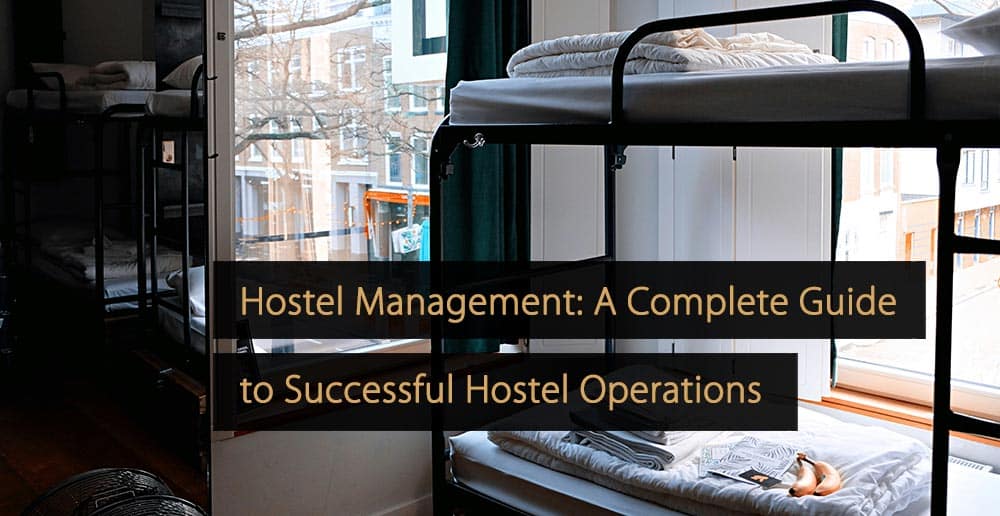


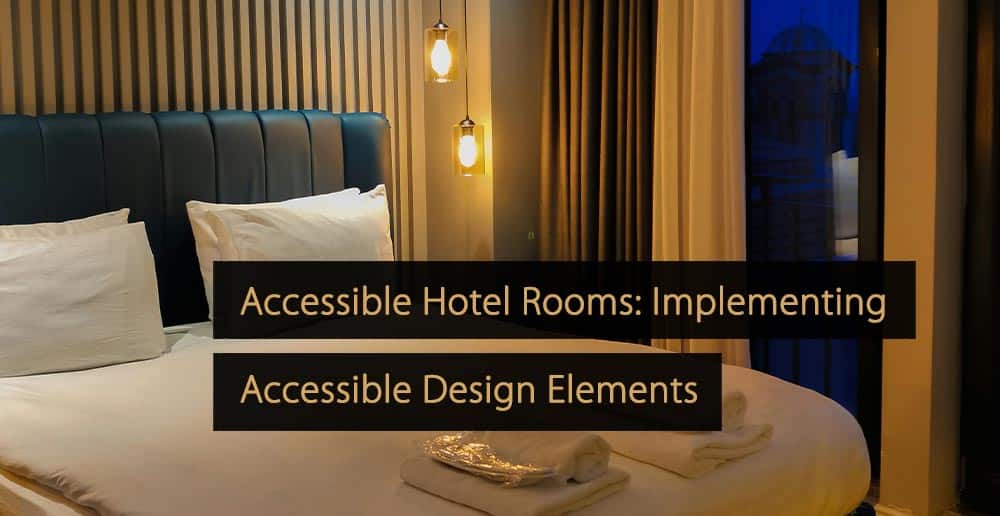
Leave A Comment